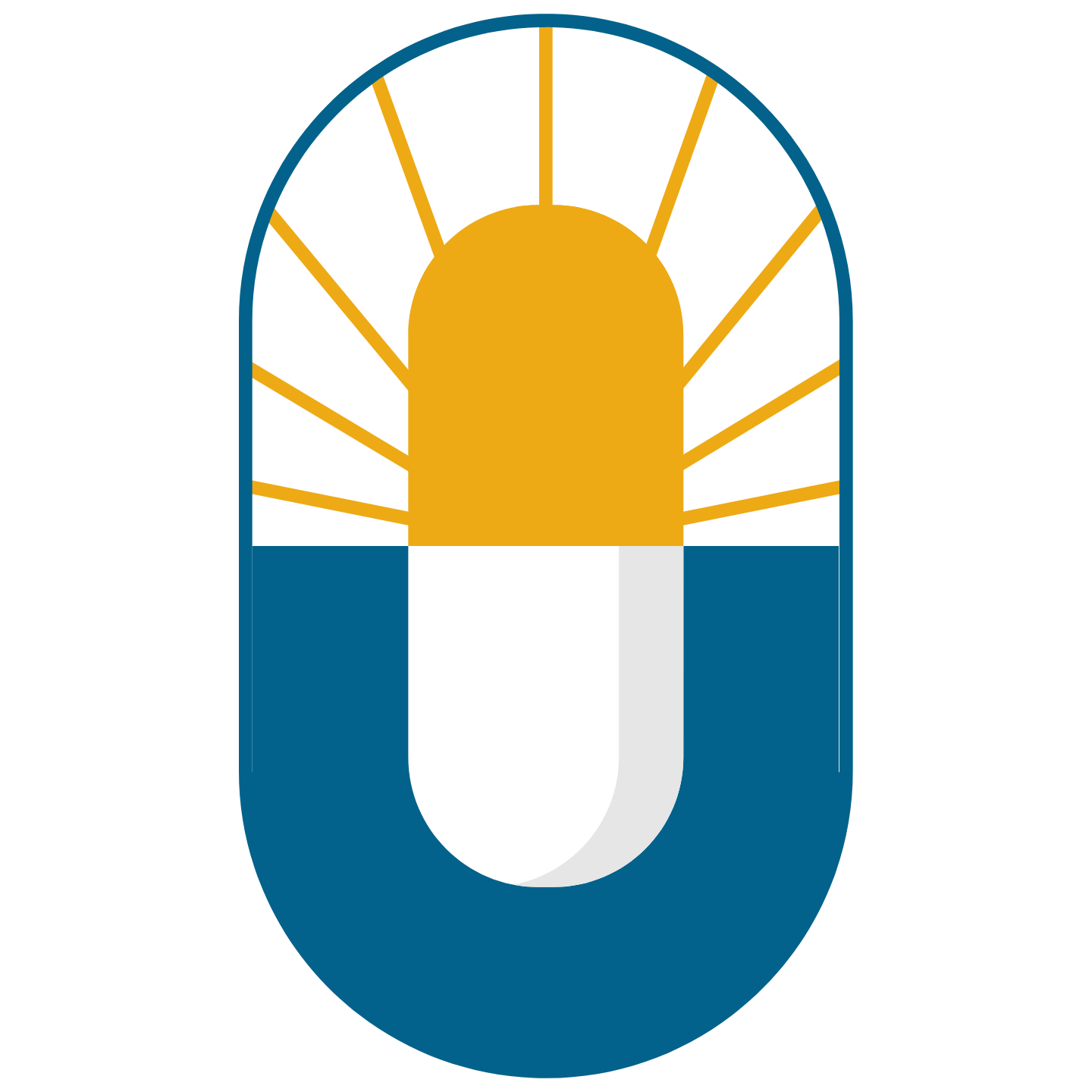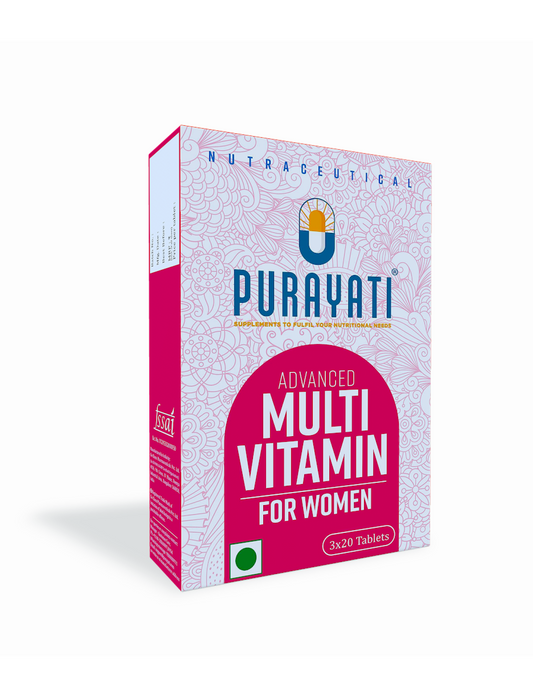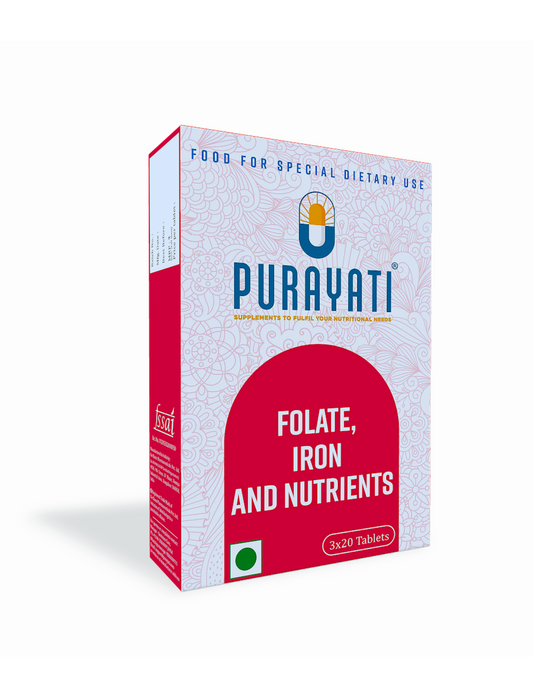Vitamin D is a fat-soluble micronutrient that can be found in very few food sources. Vitamin D is called the sunshine vitamin because it is synthesized by the body when the skin reacts to sunlight. Most people get sufficient sun from March to September when the summer months are on. It is in colder regions and during the winter that the problems and deficiencies arise.
Vitamin D also can be absorbed from a few food sources like fish, egg yolk, fortified dairy, and fish liver oils. Vitamin D is very essential because it regulates the utilization of calcium and phosphorous in the body.
Vitamin D deficiency is very common across the world because of the way it is synthesized using sunlight. Approximately 1 billion people are low on this vitamin. It is, therefore, very crucial to understand how to identify signs of vitamin d deficiency and figure out the right Vitamin D deficiency treatment.
Vitamin D deficiency is known to cause rickets in children and osteomalacia in adults. Rickets is a disorder that affects the bones, causing them to be weak and soft. These are known as vitamin d deficiency diseases.
Vitamin D3 was first identified by scientists who were trying to understand how cod liver oil helped in battling rickets. But it is not only bone strength that is to be got from vitamin D.
Vitamin D deficiency symptoms can range from anything like muscle weakness to mental wellness. The vitamin is crucial for the proper development of neurological functions in foetuses and is also liked to the strength of our immune system. A deficiency can affect brain functioning.
What Causes Vitamin D Deficiency
The main reason a person is deficient in this vitamin is because of under-exposure to the sun. Combined with low sun exposure a person may have allergies to dairy which is usually fortified with Vitamin D.
People who live in the equatorial belt get sufficient sun and are unlikely to have a deficiency of vitamin D. Here are some of the other top causes that lead to a deficiency of Vitamin D.
- Following a strictly vegan diet means that there is no chance of assimilating vitamin D from any food source either.
- Having very dark skin means a higher composition of melanin in the skin. This inhibits synthesis of Vitamin D when exposed to the sun.
- Older people have a lower ability to make vitamin D even if exposed appropriately to the sun.
- Being obese can be detrimental to the production of vitamin D. Vitamin D is produced from our body’s cholesterol when it is exposed to sunlight. Obesity causes cholesterol to form a plaque in the arteries and prevents conversion to vitamin D
- Perpetually using sunscreen when you are outside can also inhibit vitamin D production.
What Are The Symptoms Of Vitamin D Deficiency In Adults?
There are several vitamin D deficiency symptoms. As mentioned earlier, vitamin D deficiency diseases like rickets are very common in African countries due to dark skin. Vitamin D deficiency diseases in adults, although less common, show up as osteoporosis and fragile bones. There are other symptoms mentioned below:
Falling Ill or Being Susceptible to Infection very easily: As vitamin D is essential for a strong immune system, deficiency of vitamin D can cause a person to fall ill very often. Vitamin D is directly linked to fighting off infection-causing microbes. Respiratory tract infections that reoccur easily have been reported as vitamin D deficiency symptoms.
Fatigue and Weariness: Observational studies link fatigue to reduced levels of vitamin D in the blood. It is important, especially for adult women, to take supplements when the blood levels of vitamin D are alarmingly low. They are faced with the risk of extreme tiredness and exhaustion if they fail to do so.
Chronic Back and Joint Pain: People with low levels of vitamin D have been reported to have severe back pain, especially in the lower back. The bones at the rib joints, elbows, and knee joints too were affected adversely when there was a deficiency of Vitamin D.
Depression and Anxiety: Mood swings and anxiety may be a vitamin D deficiency symptom. Studies reveal that low levels of the vitamin can be responsible for depression and an assumption of low self-worth in many individuals. It has also been seen that seasonal depression occurs in colder months when a person has low sun exposure and, therefore, low levels of Vitamin D.
Diminished wound Healing Capacity: Studies have shown that deficiency of vitamin D can lead to slower healing of skin tissues. This means that burns, cuts, and post-surgery tissue will heal very slowly. Vitamin D has also been known to reduce inflammation to improve healing. A lack of sufficient vitamins can affect healing capabilities adversely.
Bone Loss: Deficiency of Vitamin D, especially in women, can lead to low bone density as vitamin D deficiency implies that bones are not calcified properly. Vitamin D deficiency diseases cause improper absorption of calcium and phosphorous in the body and make the bones very brittle.
Hair Loss: Hair loss is generally linked to stress, diabetes, or even post-partum loss. But a key reason may be the deficiency of important nutrients in the body. Low levels of vitamin D are known to cause alopecia areata.
Painful Muscles: Muscular pain is caused due to several reasons. One of them is thought to be a deficiency of vitamin D. Vitamin D deficiency symptoms show up as pain in the muscles because nerve receptors that sense pain contain vitamin D and low levels could increase pain sensations.
|
Learn More: CALCIUM SUPPLEMENTS: WHEN SHOULD YOU TAKE THEM?
|
How To Cure Vitamin D Deficiency
Expert recommendation suggests that a person should have a 400-800IU per day for optimum health. Anything lower that requires vitamin D deficiency treatment. This could be a combination of diet and supplements.
Make sure that the diet is rich in fortified dairy products, egg yolk, fish, or fish oils. If Dairy is ruled out due to a vegan diet, then vitamin D deficiency treatment must be in the form of supplements. If you have any of the markers of vitamin D deficiency diseases, you should get some sun and try not to wear sunblock always.
The safe upper limit for vitamin D supplements have been raised by doctors to 4000IU per month, and if you have severely low levels of vitamin D, you should definitely think of a good supplement to your diet.
How To Check Vitamin D Deficiency
The best way to measure levels of Vitamin D in the body is the ‘5-hydroxy’ vitamin D blood test. A result of 12 nanograms per milliliter or lower is considered as a deficiency of vitamin D. 20 nanograms per milliliter is taken as the correct level required.
Remember that vitamin D deficiency treatment is simple but very crucial to good health. Often vitamin D deficiency can be missed because the symptoms are non-specific and can be misunderstood for other health issues.
Awareness of vitamin d deficiency symptoms and vitamin d deficiency treatment is important to detect Vitamin D deficiency on time and take corrective action immediately.
It can benefit you immensely to identify vitamin D deficiency and fix it early on. Buy your supplements from a trusted brand because vitamin D regulates too many functions in your body for you to take it lightly.
Purayati Vitamin D3
Purayati's Vitamin D3 tablets contain 2000 IU which is an ideal intake that will supplement your daily lifestyle.
Purayati's Vitamin D3 Supplement has been manufactured at a well equipped FSSAI and ISO 9001:2008 certified manufacturing plant which ensures you get high quality and efficacious product that you can use to tackle your deficiency of Vitamin D.
References:
https://www.healthline.com/nutrition/vitamin-d-deficiency-symptoms#section9
https://www.webmd.com/diet/guide/vitamin-d-deficiency#2
https://purayati.com/products/vitamin-d3-2000-iu



